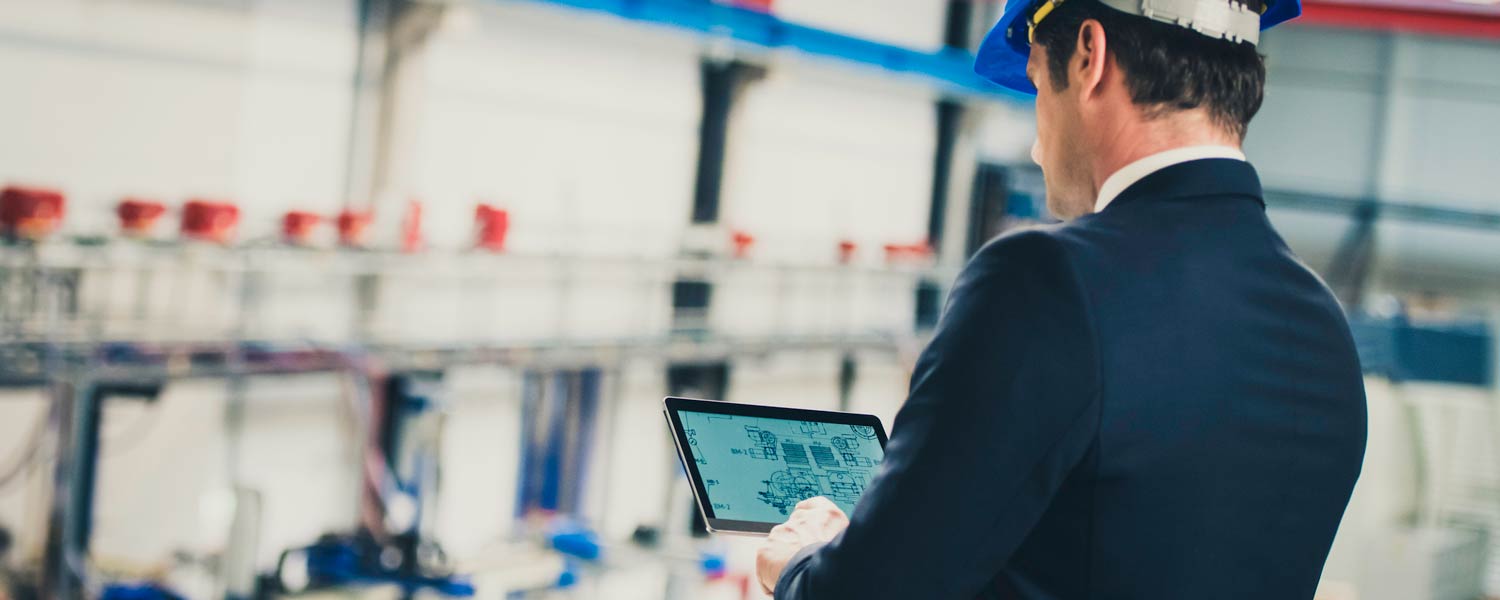Facility Management: Building Efficiency Through Smart Education

In today’s fast-changing world, facility management plays a central role in creating environments that are clean, safe, and efficient. Whether in a hospital, university, or office complex, the way a facility is managed directly affects productivity, health, and sustainability. At its core, facility management combines strategy, people, and technology to ensure that buildings support those who use them every day.
With a growing emphasis on sustainability, health, and operational efficiency, education and training have become key drivers of success. Organizations that invest in their facility teams are better equipped to meet new challenges — and stay ahead of evolving industry standards.
You can explore professional training opportunities designed for facility and cleaning managers at ISSA.com/education.
What Is Facility Management?
Facility management refers to the coordination of people, places, and processes to ensure a building operates smoothly. It includes everything from maintenance and cleaning to safety compliance, sustainability, and technology integration.
Effective facility management ensures that:
- Buildings are clean, safe, and welcoming.
- Energy and resources are used efficiently.
- Maintenance issues are resolved quickly.
- Employees and occupants can focus on their core work.
This combination of operational strategy and hands-on execution makes facility management essential to every industry.
Why Facility Management Matters More Than Ever
Modern facilities face new challenges — from stricter health standards to the integration of smart technologies. Facility managers are no longer just caretakers; they are strategic leaders in sustainability and business continuity.
A well-run facility contributes to:
- Employee health and well-being: Clean, well-ventilated environments boost morale and reduce absenteeism.
- Operational savings: Preventive maintenance and efficient workloading reduce downtime and energy costs.
- Sustainability: Green cleaning and waste reduction practices minimize environmental impact.
Organizations that recognize the strategic value of facility management position themselves for long-term success.
https://chatgpt.com/c/68dabb7c-6628-8323-aff1-c1dfee395716#:~:text=Meta Title (67,faster load times Education: The Cornerstone of Effective Facility Management
Continuous learning is essential in this industry. Training and professional development equip facility managers with the knowledge to implement modern solutions — from new disinfection protocols to advanced maintenance systems.
At ISSA.com/education, professionals can explore:
- Certification programs that validate skills and expertise.
- Online courses and workshops focused on leadership, safety, and sustainability.
- Industry conferences and events that connect professionals and share emerging best practices.
Investing in education ensures teams stay confident, compliant, and capable of adapting to change.
Key Skills Every Facility Manager Should Develop
To thrive in today’s complex environments, facility managers need a balance of technical and soft skills, including:
- Leadership and communication: Managing diverse teams and communicating with stakeholders.
- Strategic planning: Aligning facility goals with organizational priorities.
- Technology management: Understanding smart building systems and data analytics.
- Health and safety compliance: Staying current with standards like OSHA and EPA regulations.
- Sustainability practices: Reducing waste, conserving energy, and implementing green cleaning programs.
Building these skills through structured education helps professionals lead with confidence and credibility.
How Facility Management Education Drives Organizational Success
When facility management teams are well-trained, everyone benefits. Training enhances performance across multiple areas:
- Efficiency: Staff understand optimized workflows, reducing wasted time and resources.
- Safety: Teams can identify and mitigate potential hazards before they escalate.
- Quality: Improved consistency in cleaning and maintenance leads to higher occupant satisfaction.
- Retention: Skilled, motivated employees are more likely to stay and grow within the organization.
In short, education doesn’t just improve facilities — it strengthens entire organizations.
The Future of Facility Management
As technology advances, facility managers are integrating automation, data-driven maintenance, and AI-assisted planning tools into daily operations. Smart sensors and building analytics are becoming key components of proactive management strategies.
However, even the most advanced tools require skilled professionals to interpret data and make informed decisions. That’s why ongoing education through trusted industry platforms remains essential.
ISSA’s global education network provides learning opportunities tailored to the needs of today’s facility professionals — from frontline supervisors to executive leaders.
Explore your options at ISSA.com/education.
Additional Resources
To learn more about cleaning standards, training, and industry best practices, explore these pages on ISSA.com:
For additional reading, see authoritative resources such as:

















